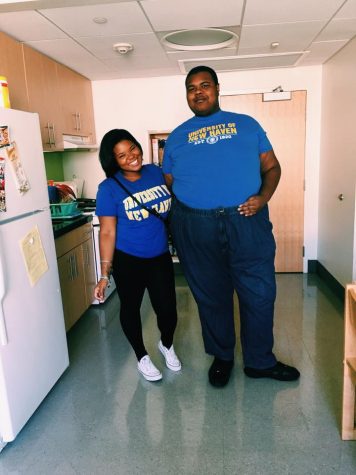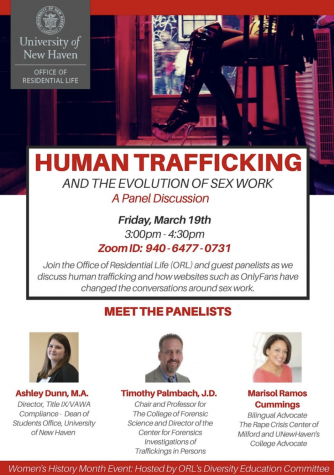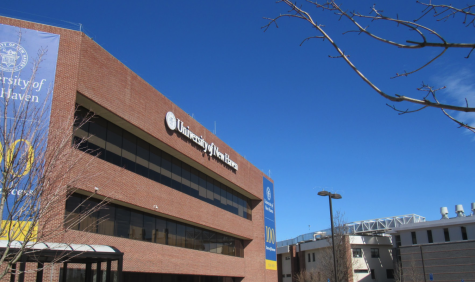Haitian Students React to Trump’s Comments & Policies
Recently, President Donald Trump has made actions and statements about immigrants, particularly those who hail from countries made up of black and brown people. The most recent remark that has made headlines was his comment on Haiti. The Washington Post reported Jan. 12 that Donald Trump had a meeting with colleagues where they discussed future protection of immigrants from various underdeveloped countries, like Haiti.
In the meeting Trump said, “Why are we having all these people from shithole countries come here?” He then asked why Haiti should be part of the bipartisan deal saying, “Why do we need more Haitians?” and to “take them out.”
Almost a year after Trump’s visit to a Haitian community during his presidential campaign, Elaine Duke, the then-acting Secretary of Homeland Security, announced Trump’s administrative decision to end Temporary Protected Status (TPS), a program dedicated to allowing people to take refuge in the United States until their country is safe to return, for Haitians – over 59,000 Haitians have until July 2019 to leave the United States or face deportation. The U.S. granted TPS Jan. 21, 2010, nine days after a devastating 7.0 magnitude earthquake hit the country and left many of its citizens homeless, orphaned and without any infrastructure. To make matter worse, an outbreak of cholera and looting crimes became an issue to the country, which is the most impoverished nation in the Western Hemisphere.
Audrey Nicolas, a junior criminal justice major, was born and raised in Port-au-Prince, Haiti and came to the United States to attend college.
“I don’t understand why he would want them deported,” Nicolas said. “I feel like, like I know a lot of people from there that actually came to the United States after the earthquakes who were on the temporary documentation and a lot of them are going to school right now. Like they went to college to finish their education in the United States, so I feel like if they have a purpose here and they’re doing something good, why deport them, you what I mean?”
Nicolas’ grew up the child of a banker mom and engineer dad both whom earned their undergraduate degrees in Haiti – her mother attending Boston University for her masters. Nicolas went to summer camps in the U.S. as a kid and became a victim of microaggressions after the earthquake hit her home country in 2010.
“When I came here, a lot of people were asking me questions, like demeaning questions, like was it my first time wearing shoes or was it my first time watching TV, stuff like that,” she said.
Biology student Ruthny Dadaille, a New York City native who is the child of Haitian immigrants.
“I was pissed because it’s like half of the people that are immigrants and not only from Haiti, but all over, but like especially Haitians like I feel like they’re helping the government. So, it just pisses me off because a lot of these jobs that he quote on quote claims that were taking away from like Americans, they wouldn’t want to do anyways. So that just bothered me,” said Dadaille.
Haitian-American Jim Prosper, Success Advisor at the Center of Student Success, was born and raised in Stamford, Conn., but has a message on how the university community can become allies to immigrants who are continuously marginalized:
“The great thing about this country is that you have the ability to be yourself as long as you are not breaking the law,” he said. “I personally think that UNH students and staff who are not immigrants should continue to remain true to themselves while. Work on being better for their own well-being because we never know who is actually watching us. We all should be able to support each other when we can and do not be afraid to ask about something that you are not sure about. Whether you are faculty, staff or a student at UNH, you need to remember that UNH is what brought you together.”

Khaaliq Crowder is a junior studying communications (journalism) with a minor in black studies. He is a contributing writer, mostly covering the Arts &...











